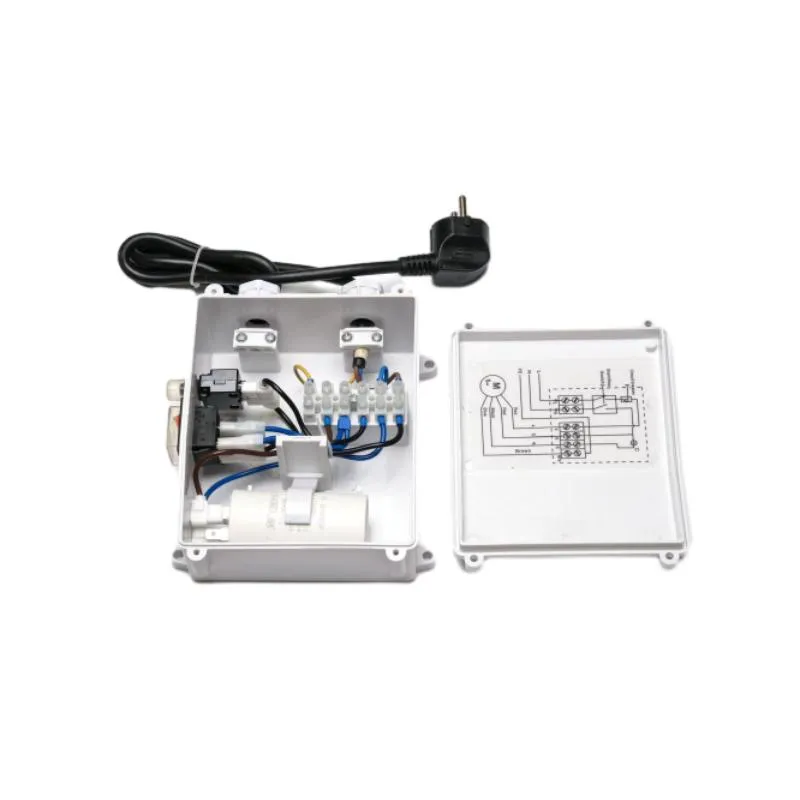The Importance and Applications of Electrical Insulating Tapes
Electrical insulating tapes play an essential role in the world of electrical engineering, providing not only protection but also ensuring the safety and efficiency of electrical systems. These tapes are designed to insulate electrical wires and other conductive materials, preventing accidental short circuits and electrical faults. Their application spans various industries including telecommunications, automotive, construction, and consumer electronics, making them indispensable tools in modern technology.
What are Electrical Insulating Tapes?
Electrical insulating tapes are non-adhesive or adhesive strips made from various insulating materials such as polyvinyl chloride (PVC), rubber, or cloth, coated with insulating properties that effectively prevent electrical conduction. The primary function of these tapes is to isolate electrical conductors, safeguarding both people and equipment from potential electrical hazards. The tapes are available in various colors, sizes, and thicknesses, catering to diverse requirements and applications.
Key Properties
The effectiveness of electrical insulating tapes lies in their unique properties. They are designed to withstand high temperatures, making them suitable for environments where heat generation is a concern. Additionally, they offer excellent dielectric strength, which helps in preventing electrical breakdown. Many insulating tapes are also resistant to moisture, chemicals, and UV radiation, ensuring durability and longevity even in harsh environmental conditions. These characteristics make electrical insulating tapes a reliable choice for securing and insulating electrical connections.
Applications
1. Wire Insulation One of the primary uses of electrical insulating tape is to insulate electrical wires. When wires are stripped, a layer of insulation is often removed, making them vulnerable to short circuits. Insulating tapes are commonly wrapped around exposed wire sections to restore insulation, ensuring safe operation.
electrical insulating tapes

2. Bundling Wires In settings where multiple wires and cables are present, such as in computers and appliances, insulating tapes help neatly bundle them together. This not only enhances organization but also protects the wires from abrasion and wear, reducing the risk of electrical failure.
3. Electrical Repairs Electrical insulating tapes are widely used for temporary and permanent repairs. In cases of damaged wire insulation, a simple wrap of insulating tape can quickly restore functionality, preventing further damage and ensuring continued performance.
4. Marking and Color Coding Different colors of insulating tapes are often used for marking and color coding electrical systems. This practice aids in identifying wire functions and voltage levels, enhancing safety during maintenance and repairs.
5. Automotive Applications In the automotive industry, insulating tapes are crucial for protecting and insulating wiring systems, sensors, and electrical components from moisture and corrosion. They also help reduce vibration noise in vehicles, enhancing user comfort.
6. Home Wiring Projects Electrical insulating tape is a valuable tool for DIY enthusiasts and electricians alike. Whether it's installing new fixtures or performing repairs, insulating tape ensures safety and compliance with electrical standards.
Conclusion
Electrical insulating tapes are vital components in the safe and effective management of electrical systems. Their ability to insulate, protect, and organize makes them indispensable in a variety of applications. As technology continues to advance, the versatility and functionality of insulating tapes will likely evolve, meeting the demands of new innovations in the electrical industry. Whether in industrial settings or residential projects, understanding and utilizing electrical insulating tapes can play a crucial role in ensuring safety and reliability in electrical operations.
-
XIANGFAN Rubber Tape-Ultimate Solutions for All Your Insulation NeedsNewsJun.24,2025
-
XIANGFAN Rubber Tape-Protection for Industrial and Residential ApplicationsNewsJun.24,2025
-
XIANGFAN Rubber Tape: Superior Safety and Sealing for Demanding EnvironmentsNewsJun.24,2025
-
XIANGFAN Rubber Tape: Reliable Solutions for Every Electrical ChallengeNewsJun.24,2025
-
XIANGFAN Electrical & Industrial Tape: Powering Reliability Across IndustriesNewsJun.24,2025
-
XIANGFAN Electrical & Industrial Tape: Excellence in Every ApplicationNewsJun.24,2025
